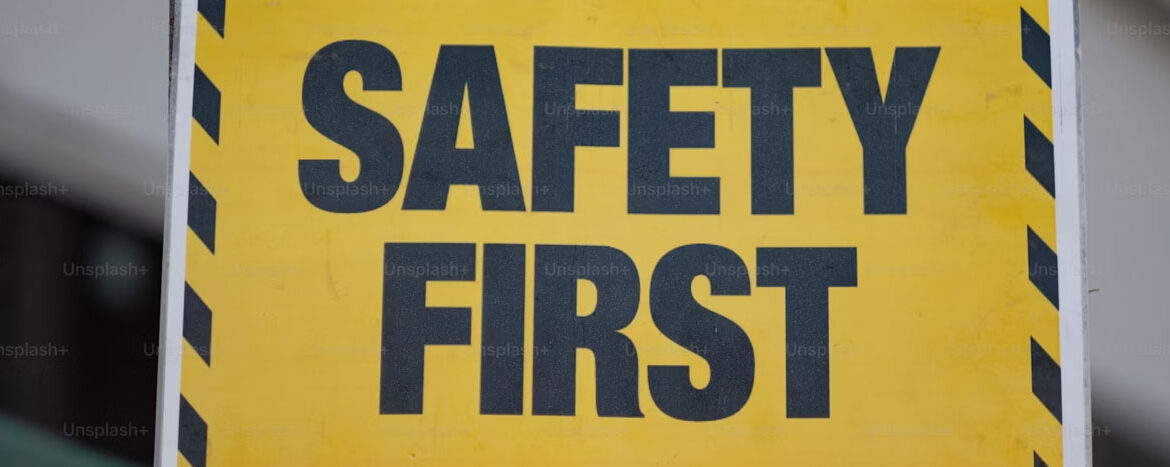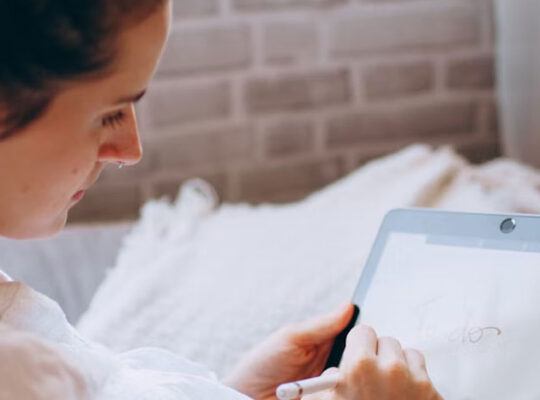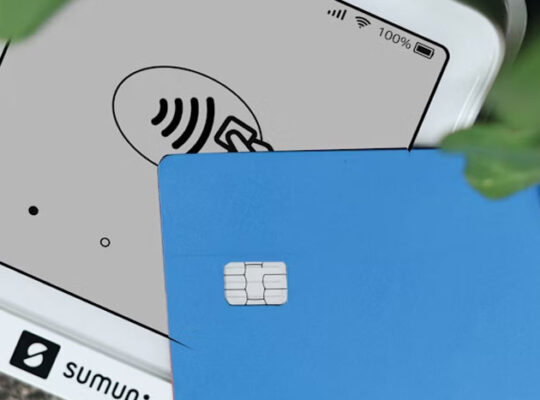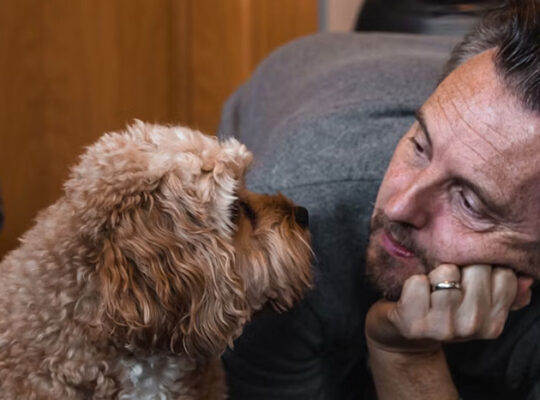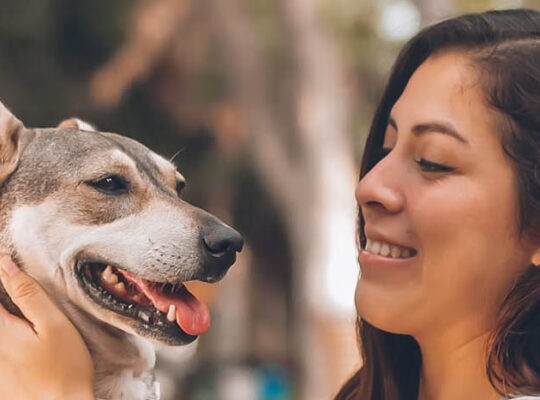
When you’re a pet sitter, you’re not just caring for animals—you’re often stepping into other people’s homes. And while most clients are lovely, safety always comes first.
Whether it’s your first house call or your fiftieth, here’s how to protect yourself, set smart boundaries, and feel confident walking into every job.
1. Always Do a Meet & Greet First
Before accepting a house-sitting or drop-in job:
Meet the pet and the owner in person
Walk through the home (with permission)
Ask where you’ll be allowed (bedrooms, kitchen, etc.)
Note anything unusual or that gives you pause
Trust your instincts. If something feels off—it’s okay to decline the booking. Your comfort and safety matter more than the gig.
2. Leave a Paper Trail
Whether you’re using Rover or another platform:
Keep all communication inside the app
Confirm the dates, times, and any special instructions in writing
If anything changes during the stay, document it
This protects you if there’s ever a dispute or question about what was agreed upon.
3. Clarify Access and Expectations
Before the booking begins, make sure you know:
How to get in and out (key code, spare key, alarm system)
What to do if you get locked out
Where emergency contacts are listed (for the pet and the home)
Don’t rely on verbal instructions alone—get it all in writing or take notes during the Meet & Greet.
4. Lock Up While You’re Inside
It might feel odd to lock yourself inside someone else’s home—but it’s smart. Especially for overnight stays:
Lock all doors and windows once you’re in
Don’t invite anyone over, ever
Stay aware of your surroundings
Remember: You’re a guest, not a roommate.
5. Share Your Location with Someone You Trust
Before you head out for a house call:
Let a friend or family member know where you’re going
Share the address and schedule
Set up location sharing on your phone (just in case)
If something unexpected happens, someone knows where to find you.
6. Bring a Small Safety Kit
Consider carrying:
A phone charger and flashlight
Portable lock or doorstop (for added peace of mind overnight)
Pepper spray (if legal in your area)
Backup battery or power bank
Even if you never need them, it’s smart to be prepared.
7. Say “No” When Something Feels Off
Whether it’s an odd request, an unfamiliar neighborhood, or a house that looks totally different from the photos—you can decline or leave a booking at any time for safety reasons.
And if a client ever makes you uncomfortable or crosses a boundary, report them through the app and don’t go back.
Final Thoughts
Your job is to care for animals—but you also need to care for yourself. A safe sitter is a confident sitter. And when you set boundaries and follow your instincts, you not only protect your safety—you protect your reputation, too.
You deserve to feel safe in every home you enter. And the best clients will absolutely respect that.

